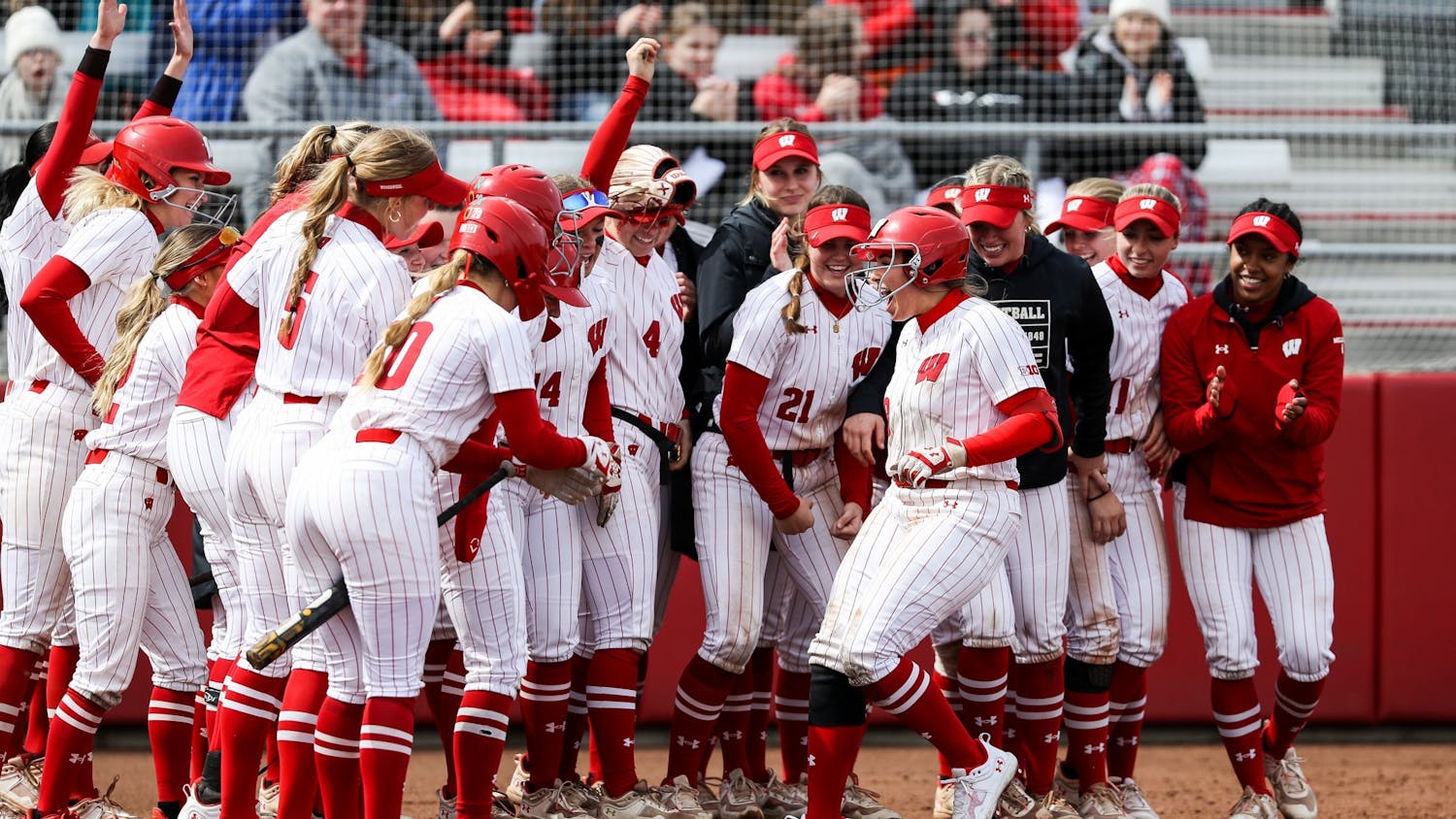Wisconsin’s defensive players, along with defensive coordinator Dave Aranda, insisted in the week leading up to Saturday’s matchup with Miami (OH) that they would not be taking their Mid-American Conference foes lightly. Bret Bielema probably agrees.
As it turns out, this mantra had more to do with themselves than what the RedHawks were trying to cook up Saturday. After dropping the season opener to Alabama in what was an ugly performance at all three levels, the defense desperately needed to flush that nightmare away and re-establish itself as the selling point of this 2015 team. Wisconsin’s intensity of preparation didn’t waver leading up to game day, despite the fact it was playing a team that literally has seven wins since 2012, because a shutout performance like the one it put on Saturday will propel it into the rest of the season.
Unlike the loss to Alabama, where it was clear the deficiencies in the front seven ultimately led to Wisconsin’s demise, it’s hard to put a finger on what exactly made the Badgers click against the RedHawks.
With the return of redshirt senior safety Michael Caputo and redshirt senior Tanner McEvoy going both ways, Wisconsin’s secondary was stacked. After seeing just a handful of plays against Alabama, it quickly became clear why Caputo is such a valuable asset. In his typical fashion, the strong safety was a force in the middle of the field, serving as both a sufficient cover man as well as a bonus linebacker.
McEvoy was stellar in his first game on the defensive side of the ball since the Outback Bowl, as he picked up an interception. His size and ability to close on the ball essentially capped Miami’s vertical passing game 20 yards from the line of scrimmage. The strong coverage from cornerbacks Sojourn Shelton and Derrick Tindal on the outside, along with Darius Hillary’s work in the slot in nickel and Leo Musso’s two interceptions solidified Wisconsin’s dominance on the back end.
Up front, Aranda was able to work his magic against a hapless Miami offensive line. The defensive coordinator countered the RedHawks’ pace-oriented attack by rotating looks on the defensive line and keeping his guys fresh. In particular, the pass rush generated by the look featuring Alec James and Arthur Goldberg as the only down linemen was particularly effective, as the two speed rushers were able to create havoc in the middle, freeing up space for Joe Schobert and Vince Biegel to pinch Miami’s offense from the outside.
When Aranda goes into a head-coaching interview, which in all likelihood is going to happen sometime in the near future, the tape from this game will be tucked in his briefcase. His personnel pairings, fluid blitz calls and constantly evolving looks up front were nothing short of masterful, and he had Miami frantically switching between its two struggling quarterbacks throughout the game.
Miami is not a good football team, and the Badgers made the 33-point spread going into the game look generous. Although the RedHawks threatened to score just a handful of times, and managed to either give the ball away or botch field goal attempts in those situations, Wisconsin’s defense can take pride in the way it played. Aranda’s platform rests on forcing turnovers, blitzing furiously and applying looks that make Wisconsin’s formations more amorphous than set in stone. UW delivered on all three of those dimensions, which is a victory that can’t be taken too lightly.






